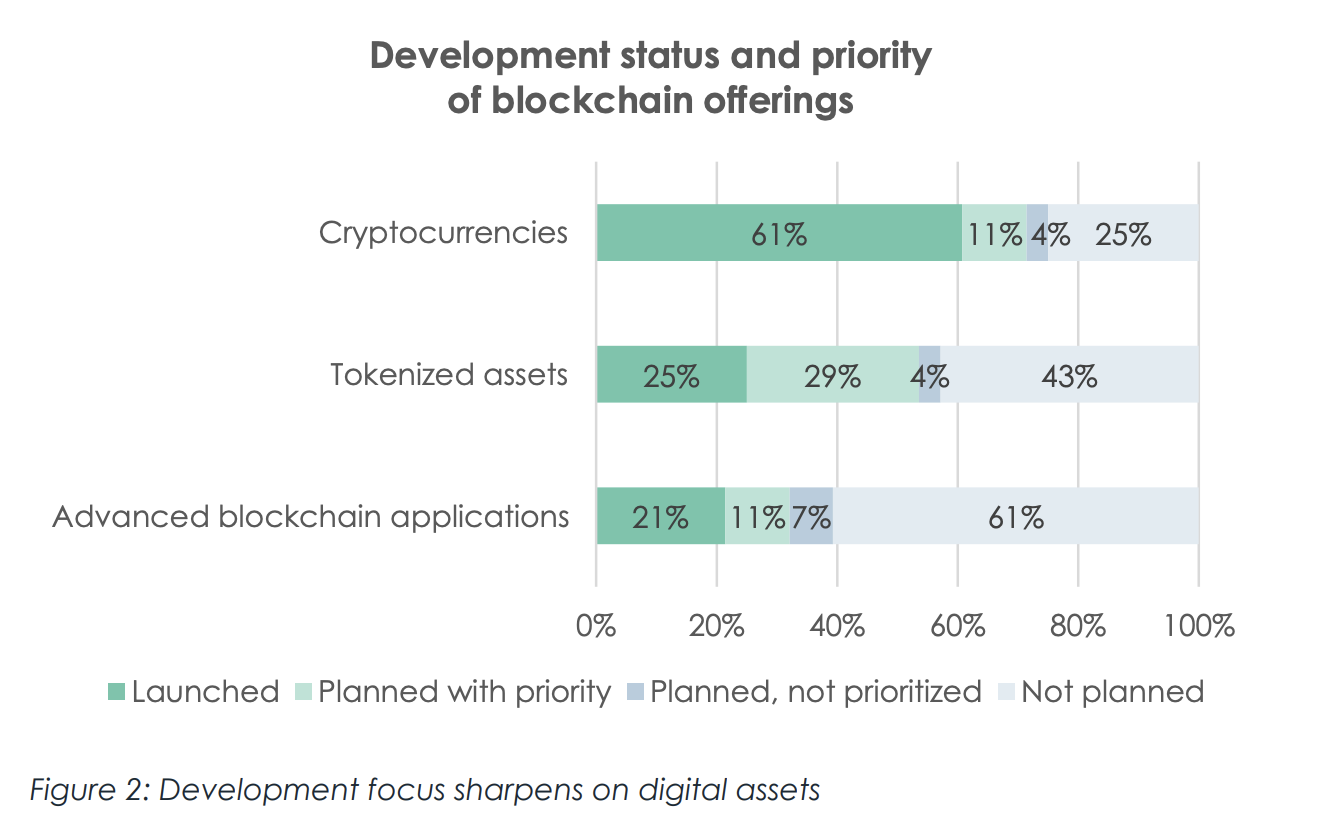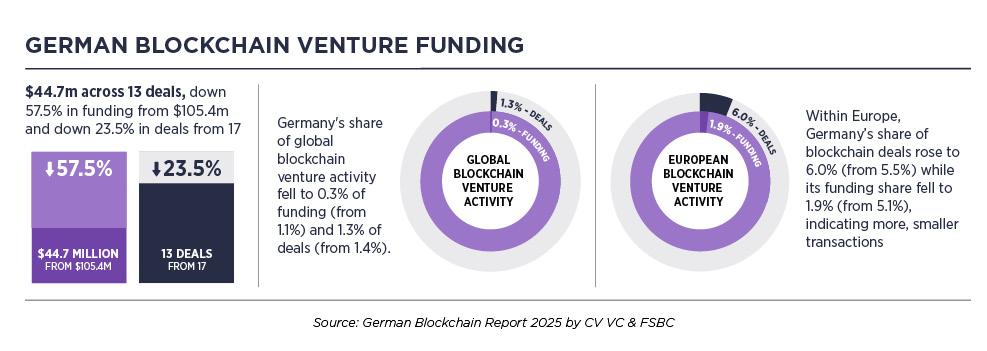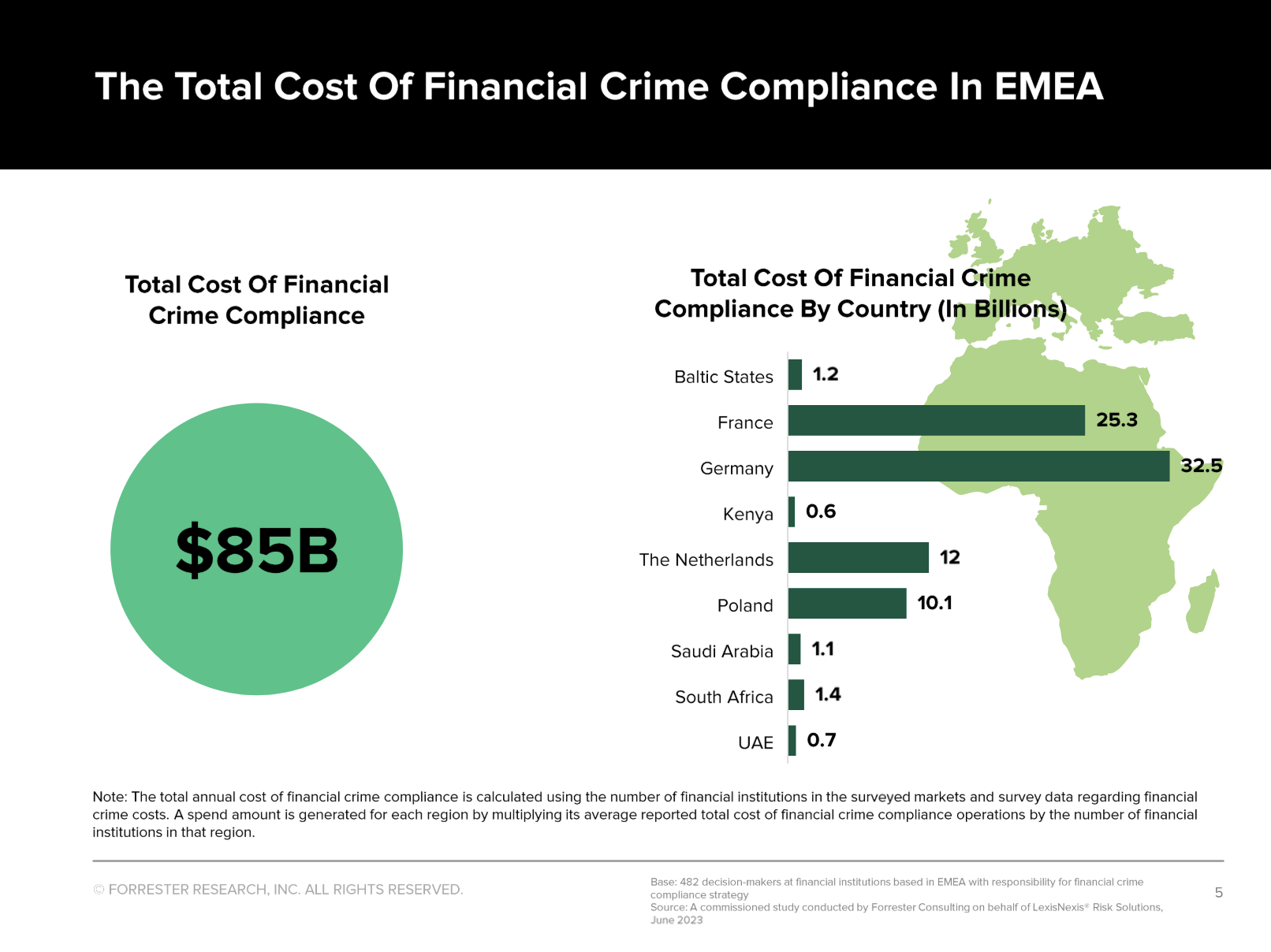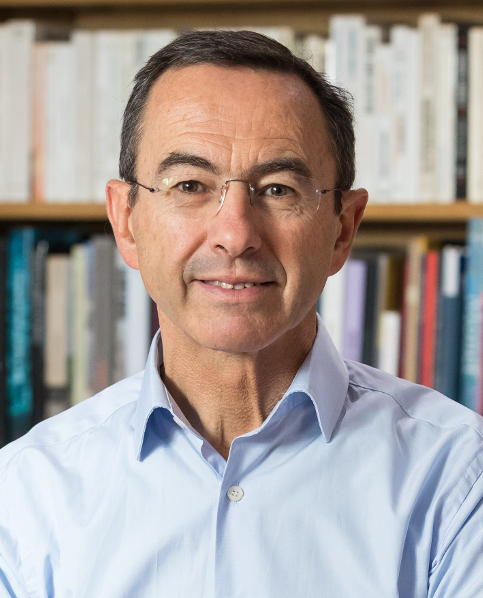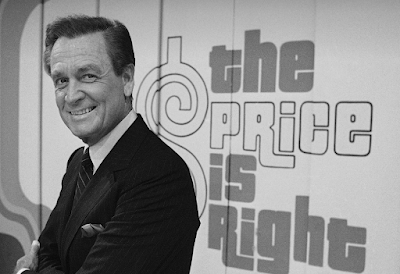Submitted by Soeren Kern via The Gatestone Institute,
- “We will colonize you with your democratic laws.” — Yusuf al-Qaradawi, Egyptian Islamic cleric and chairman of the International Union of Muslim Scholars.
- “Beaches, like any public space, must be protected from religious claims. The burkini is an anti-social political project aimed in particular at subjugating women… It is not compatible with the values ??of France and the Republic. Faced with such provocations, the Republic must defend itself.” — French Prime Minister Manuel Valls.
- According to the mayor of Villeneuve-Loubet, the high court’s ruling against burkini bans, “far from appeasing [Muslims], will instead increase passions and tensions.”
- “Beaches are equated with streets, where the wearing of ostentatious religious symbols is also rejected by two-thirds of the French.” — Jérôme Fourquet, director of the French Institute of Public Opinion (Ifop).
The French city of Nice has lifted a controversial ban on Muslim burkinis after a court ruled such prohibitions illegal. Bans on the full-body swimsuits have also been annulled in Cannes, Fréjus, Roquebrune and Villeneuve-Loubet, but they remain in place in at least 25 other French coastal towns.
The row over burkinis — a neologism blending burka and bikini — has reignited a long-running debate over Islamic dress codes in France and other secular European states (see Appendix below).
On August 26, the Council of State, France’s highest administrative court, ruled that municipal authorities in Villeneuve-Loubet, a seaside town on the French Riviera, did not have the right to ban burkinis. The court found that the ban — which was issued after the jihadist attack in Nice on July 14, in which 86 people were killed — was “a serious and manifestly illegal attack on fundamental freedoms, including the freedom of movement and the freedom of conscience.” The judges ruled that local authorities could only restrict individual liberties if there was a “demonstrated risk” to public order. There was, they said, no evidence of such a risk.
Although the ruling applied only to the ban in Villeneuve-Loubet, observers said the ruling would set a legal precedent for the 30 other cities and towns which have also implemented bans on burkinis.
The high court decision overturned a lower court ruling, issued August 22, which said the burkini ban was “necessary, appropriate, and proportionate” to ensure public order.
The case was brought by the Collective against Islamophobia in France (CCIF) and the Human Rights League (LDH). The two groups have vowed to file lawsuits against any municipality with a burkini ban, which they say violates the religious freedom of Muslims in France.
Patrice Spinosi, a lawyer for the LDH, said that in the absence of a demonstrated threat to public order, the high court “has ruled and has shown that mayors do not have the right to set limits on wearing religious signs in public spaces. It is contrary to the freedom of religion, which is a fundamental freedom.”
By contrast, the ban’s proponents — from across the political spectrum — argue that burkinis are political, not religious, garments.
Writing for Le Figaro, French commentator Yves Thréard warned:
“The worst case scenario would be that the debate drags on and strays into considerations totally foreign to this outrageous outfit. Secularism and religion are irrelevant here. The burkini is not a Koranic prescription, but another manifestation of political Islam, militant, destructive, seeking to question our way of life, our culture, our civilization. Veils in schools, street prayers, halal school menus, sexual apartheid in swimming pools, hospitals, driving schools, niqab, burqa… for thirty years this infiltration has been undermining our society, seeking to destabilize. It’s time to slam the door in its face. Youssef al-Qaradawi, the famous Egyptian preacher, formerly a lecturer in France, warned: ‘We will colonize you with your democratic laws.’ Through our indifference as well as our naïveté, we have long been complicit in this deadly and nasty business.”
According to French Prime Minister Manuel Valls, burkinis are “the affirmation of political Islam in the public space.” In an interview with La Provence, Valls, a Socialist, said:
“I support those who issued the bans… Beaches, like any public space, must be protected from religious claims. The burkini is an anti-social political project aimed in particular at subjugating women. Behind the burkini lies the idea that women, by nature, are harlots, impure, and that they should be completely covered. It is not compatible with the values ??of France and the Republic. Faced with such provocations, the Republic must defend itself.”
Laurence Rossignol, the Socialist Minister for the Families, Children and Women’s Rights, also said she supported bans on burkinis. In an interview with Le Parisien, she said:
“The burkini is not some new line of swimwear. It is the beach version of the burka and it has the same logic: to hide women’s bodies in order to better control them. Behind this there is a deeply archaic vision of the place of women in society. There is the idea that, by nature, women are impure and immoral and should therefore hide their body and disappear from the public space.
“The burkini agitates so much because of its collective political dimension. It does not only concern the women who wear it. The burkini is the symbol of a political project that is hostile to diversity and empowerment.”
French Prime Minister Manuel Valls recently stated that “the burkini is an anti-social political project aimed in particular at subjugating women… It is not compatible with the values ??of France and the Republic. Faced with such provocations, the Republic must defend itself.” Pictured above: Four policemen in Nice, France, are pictured forcing a woman to remove part of her clothes because her outfit violated the city’s burkini ban, on August 23. They also fined her for the violation. (Image source: NBC News video screenshot)
Former French President Nicolas Sarkozy, who recently announced that he will be a candidate in the 2017 presidential elections, said that if elected he would “change the constitution” and press for a nationwide ban on burkinis. At a campaign rally on August 26, Sarkozy, a conservative, said:
“I will be the president who re-establishes the authority of the state. I want to be the president who guarantees the safety of France and of every French person…
“I refuse to let the burkini impose itself in French beaches and swimming pools…there must be a law to ban it throughout the Republic’s territory. Our identity is under threat when we accept an immigration policy that makes no sense.”
In an interview with Le Figaro, Sarkozy elaborated:
“Wearing the burkini is a militant political act, a provocation. The women who wear them are testing the resistance of the French Republic. If we do not put an end to this, there is a risk that in ten years, young Muslim girls who do not want to wear the burkini or the veil will be stigmatized and pressured into doing so.”
Henri Leroy, the mayor of Mandelieu-La-Napoule, one of the first French towns to ban the burkini, said Muslim residents should be reminded that “they are French first and of Muslim confession second.” He added: “Our Republic has traditions and customs that need to be respected.”
The conservative mayor of Cannes, David Lisnard, said the burkini is a “uniform that is the symbol of Islamic extremism.” City manager Thierry Migoule said the burkini is an “ostentatious outfit that signals allegiance to terrorist movements that have declared war on us.”
The mayor of Fréjus, David Rachline, wrote that the high court’s ruling was a “victory for radical Islam, for political Islam, which is advancing in our country.”
Lionnel Luca, the conservative mayor of Villeneuve-Loubet, said the burkini ban was needed to “counter the creeping Islamization that is progressing in our country.” He added that the high court’s ruling, “far from appeasing [Muslims], will instead increase passions and tensions.”
Ange-Pierre Vivoni, the Socialist mayor of the Corsican town of Sisco, imposed a ban on burkinis “to protect the population” following a Muslim rampage that occurred on August 14, when a tourist took a photograph of several burkini-clad women swimming in a creek. More than 400 people eventually joined the brawl, in which local Corsicans clashed with migrants from North Africa. The following day, more than 500 Corsicans marched through the town shouting “To arms! This is our home!”
Opinion polls show broad public support for bans on burkinis. According to an Ifop poll published by Le Figaro on August 25, 64% of people in France are opposed to the burkini on beaches; only 6% support it. Ifop director Jérôme Fourquet said: “The results are similar to those we measured in April about the veil and headscarf on public streets (63% opposed). Beaches are equated with streets, where the wearing of ostentatious religious symbols is also rejected by two-thirds of the French.”
* * *
Appendix
Burka Bans in European Countries
The French row over burkinis — a neologism blending burka and bikini — has reignited a long-running debate over Islamic dress codes in other European countries.
Austria.
On August 13, Norbert Hofer, the Austrian Freedom Party’s (FPÖ) candidate for president, called for a burka ban. “I think it makes sense,” he said. Several days later, Minister for Foreign Affairs and Integration, Sebastian Kurz of the ruling Austrian People’s Party (ÖVP), said a new integration law would include restrictions on the burka. “A full body veil is hindering integration,” Kurz said. “The burqa is not a religious symbol, but a symbol for a counter-society.”
Interior Minister Wolfgang Sobotka said a blanket ban on burkas would be “constitutionally problematic.” He said a partial ban on burkas at border crossings and while driving automobiles is more realistic.
A nationwide poll published on August 25 found that 75% of Austrians favor a burka ban.
The FPÖ had previously called for a burka ban in July 2014. At the time, Kurz rejected the idea, calling it an “artificial debate.”
In June 2016, the town of Hainfeld became the first municipality in Austria to ban the burkini in public swimming pools. In Vienna, local media have reported a “notable increase” in the number of women wearing burkinis in public swimming pools in the capital.
Baltics.
In April 2016, the Latvian government announced a proposal to ban the burka. The government said the purpose of the law, which it hopes will enter into force in 2017, is to ensure that Muslim immigrants respect the country’s values. Burka bans are also being discussed in Estonia and Lithuania.
Belgium.
In July 2011, Belgium became the second European country after France to ban the burka. Offenders face a fine of €137 ($150) and up to seven days in jail. In the five years since the ban has been in place, more than 70 women have been ticketed for wearing the garment in public. This number includes 67 women in Brussels and seven in Liege.
In August 2016, Nadia Sminate, a Belgian MP of mixed Moroccan and Flemish origin, called for a complete ban of the burka. In an interview with De Standaard, she said:
“We absolutely must avoid having women walk around Flanders in burkinis. Not in the pool, and not on the beach. I do not think women want to walk on the beach in such a monstrosity in the name of religion. If we allow this, we put the women on the margin of society. We live in Flanders and we make the rules. If we say we need to set limits and enforce our values, we must do that.”
Britain.
On August 31, a YouGov poll found that a majority of Britons are in favor of banning the burka in public spaces. According to the poll, 57% of Britons support a ban; 25% are opposed. The only age group to oppose a ban was 18-24 year-olds; all others were in favor, with the oldest 65+ group supporting a ban by 78% to 12%. All major political parties also had a plurality of voters in favor of a ban. A separate question asked by YouGov found that 46% of Britons want to ban the burkini; 30% are opposed.
Bulgaria.
In June 2016, the Bulgarian Parliament approved a new law that bans the burka. The move makes Bulgaria the third European country to pass such a law after France and Belgium. The ban applies to Bulgarian citizens as well as to anyone in the country on a temporary basis.
The law states that clothing that conceals the face may not be worn in the Bulgaria’s central and local administrations, schools, cultural institutions, and places of public recreation, sports and communications.
Covering the head, eyes, ears and mouth will be permitted only when necessary for health reasons, professional necessity and at sporting and cultural events. The ban will also apply to houses of worship.
The law provides for a fine of 200 leva (€100; $115) for a first violation of the ban. For second and further offenses, the fine is 1500 leva (€755; $430) and loss of social benefits.
Anyone who persuades others to cover their faces is subject to a penalty of up to three years in prison and a fine of 5000 leva (€2,500; $2,850). If the person persuaded to cover the face is a minor, the penalty increases to a maximum five years in prison and a fine of up to 10,000 leva (€5,000; $5,700).
Czech Republic.
In March 2016, a Muslim student filed a lawsuit against a nursing school in Prague after she was banned from wearing a hijab (Muslim veil covering head and neck) during classes. The school argued that students should not have their heads covered in the classroom.
Denmark.
In August 2016, the Danish People’s Party said it would present parliament with a proposal for a burka ban. In an interview with Metro Express, party spokesman Kenneth Kristensen Berth said the garment must be outlawed for security reasons:
“There are several examples, primarily in the Middle East, where people dressed in burkas have been suicide bombers. It is only a matter of time before it will happen in Europe. I have just returned from London, where the number of burkas in the streets has increased quite considerably. They can be used to plant bombs without being detected.”
France.
In April 2011, France became the first European country to ban the burka and niqab. In July 2014, the European Court of Human Rights upheld that ban.
After the July 2016 jihadist attack in Nice, in which 86 people were killed, at least 30 cities and towns banned the burkini on public beaches.
On August 26, the Council of State, France’s highest administrative court, ruled that municipal authorities in Villeneuve-Loubet, a seaside town on the French Riviera, did not have the right to ban burkinis. Although the ruling applied only to the ban in Villeneuve-Loubet, observers said the ruling would set a legal precedent for the rest of France.
Opinion polls show broad public support for bans on burkinis. According to an Ifop poll published by Le Figaro on August 25, 64% of people in France are opposed to the burkini on beaches; only 6% support it. Ifop director Jérôme Fourquet said: “The results are similar to those we measured in April about the veil and headscarf on public streets (63% opposed). Beaches are equated with streets, where the wearing of ostentatious religious symbols are also rejected by two-thirds of the French.”
Germany.
On August 18, Interior Minister Thomas de Maizière announced a proposal for a “partial burka ban” that would prohibit the wearing of Muslim face veils in public spaces, including kindergartens, schools, universities, government offices and while driving a vehicle.
“We reject full-face veils,” de Maizière said. “Not just the burka, any full-face veils that only show a person’s eyes. It does not fit into our society, for our way of communicating, for our societal cohesion. This is why we demand that you show your face.”
In an August 12 interview with Bild, Julia Klöckner, the deputy chief of the ruling Christian Democrats (CDU), said:
“The full-face veil greatly hinders the integration of women here. It is not a sign of religious diversity, but represents a degrading image of women. It is banned in France, and the European Court of Human Rights has upheld that ban.”
In a July 30 interview with Die Welt, CDU politician Jens Spahn said:
“A ban on full-face veil, of the niqab as well as the burka, is overdue, as a signal to the world. Imagine how this conversation would be if we were fully veiled while we are talking to each other. I do not want to encounter any burka in this country. In this sense I am burkaphobe.”
In an opinion article for Bild, Bassam Tibi, a former professor at the University of Göttingen who calls himself a “European Muslim,” wrote that he fully supported a burka ban:
“A burka ban would be a smart political measure against certain people sealing themselves off in parallel societies, for an inclusive integration of Muslim migrants and for the security of the Federal Republic of Germany.”
A new poll published by Infratest dimap on August 26 found that 81% of Germans are in favor of banning the burka in public spaces. The poll found that 51% support a total burka ban.
On August 22, a court in Osnabrück ruled that a student in the city will not be allowed to wear her veil to class. The Sophie Scholl had originally accepted the student but reversed its decision when she insisted on wearing her niqab in class. School officials said the open communication needed in education would not be possible if only the student’s eyes are visible.
In June, the Bavarian town of Neutraubling banned burkinis in public swimming pools after female patrons complained that the garment is unsanitary. Mayor Heinz Kiechle asked: “I don’t understand why it is necessary to wear a burkini on evenings when the pool is reserved for ladies-only swimming.”
Italy.
As of January 1, 2016, the burqa and niqab have been banned from all public offices and hospitals in the northeastern region of Lombardy.
On August 17, Interior Minister Angelino Alfano said Italy will not ban the burkini because such a move could provoke a backlash in the Muslim community. In an interview with Corriere della Sera, he said:
“The interior minister has a responsibility to ensure public safety and to choose a level of toughness that never becomes a provocation that potentially invites attacks.”
Malta.
In October 2015, the government debated a ban on burkas in public after a photograph emerged showing a woman driving an automobile while wearing a full-face veil. Article 338 of the Criminal Code states that it is a threat to public order if anyone “in any public place, wears any mask, or disguises himself, except at the time and in the manner allowed by law.” Some members of the government said the existing law should be clarified to specifically outlaw burkas.
A local imam, Mohammed Elsadi, said a burka ban would threaten integration and social harmony in Malta. He added: “In a global world where people of different cultures live together and interact in so many ways and in so many spheres of life, it is more beneficial for any country to grant as much individual freedoms as possible.” He said Muslims should be allowed “all the freedom to exercise their own cultural norms and way of life.”
Equality Minister Helena Dalli countered:
“There are several thousands of Muslims in Malta, and many have been here for a long time, even generations. The burka and the niqab are not garments that one would associate with this community, so a clearer ban on face coverings should have no impact on the vast majority of Muslims in any way.”
Netherlands.
In May 2015, the Dutch government approved a partial ban on face-covering Islamic veils on public transport and in public areas such as schools and hospitals. Offenders are subject to a fine of €405 ($450). The ban does not apply to wearing the burka or the niqab on the street.
Norway.
In August 2016, a cross-party commission on integration proposed banning burkas and niqabs in public institutions and prohibiting hijabs in public schools. In a 50-page report titled “Ten Commandments for Better Integration,” the commission called for clear national guidelines on Islamic dress codes to improve integration.
“To improve integration, we must encourage greater participation in public life,” Labor Party politician Jette Christensen said. “Therefore, we cannot allow covered faces.”
Progress Party politician Maryan Keshvari added: “We cannot allow the premier Islamist uniform in Norwegian schools.”
In 2013, the Norwegian parliament rejected a burka ban on the argument that Norway risked being censured by the European Court of Human Rights (ECHR). Ever since the ECHR upheld the ban in France in July 2014, Norwegian supporters of a ban have tried but failed to get parliament to approve a similar ban in Norway.
Slovenia.
In November 2015, the opposition Democratic Party (SDS) submitted a draft law to ban burkas and niqabs in public and to tighten conditions to obtain asylum in Slovenia.
“When in Slovenia, people should respect Slovenian culture and Slovenian customs,” SDS head Janez Janša said. “That is why we drafted a bill that seeks to ban the burka in public.”
SDS MP Vinko Gorenak added: “We must adapt to their customs when going to their places. There is no reason why we shouldn’t demand the same of them when they are in our cultural environment.”
Spain.
In December 2010, the Catalan city of Lérida enacted a ban on burkas in public spaces. In February 2013, the Spanish Supreme Court ruled that the ban was unconstitutional. The court said the ban “constitutes a limitation to the fundamental right to the exercise of the freedom of religion, which is guaranteed by the Spanish Constitution.” The court said that the limitation of a fundamental right can only be achieved through laws at the national level, not through local ordinances.
In September 2014, during a parliamentary debate over the Law on Public Security (Ley de Seguridad Ciudadana), Interior Minister Jorge Fernández Díaz called for banning the burka in public spaces. He said the issue has two dimensions: security and the dignity of women.
“In my opinion, the burka is a garment that violates the dignity of women,” Fernández Díaz said. “But this is not within the scope of responsibility of the Interior Ministry.” In terms of security, he said the burka “makes it difficult to identify individuals who commit crimes.”
In August 2016, a water park in the Catalan city of Girona banned the burkini “for security reasons.” In June 2014, the Basque city of Vitoria banned the burkini in public swimming pools. In November 2014, a driver in Vitoria stopped a burka-clad woman from boarding his bus.
Switzerland.
On July 1, 2016, a burka ban entered into force in Ticino, the first Swiss canton to do so. Offenders are subject to a fine of 10,000 Swiss francs (€9,100; $10,000). The move followed a September 2013 referendum in which 65% of voters in the Italian-speaking canton voted in favor of the ban.
Tags: Belgium,Bulgaria,Czech,France,Germany,Italy,Middle East,Netherlands,newslettersent,Norway,Switzerland



















